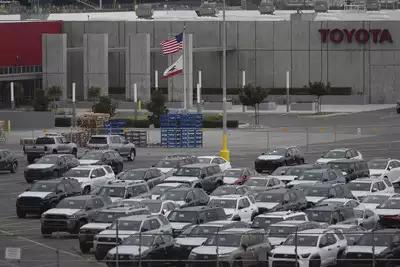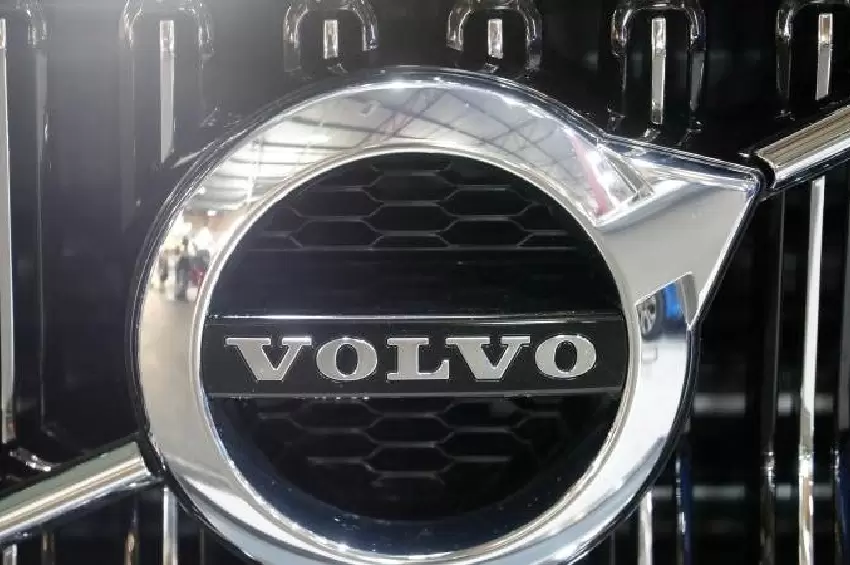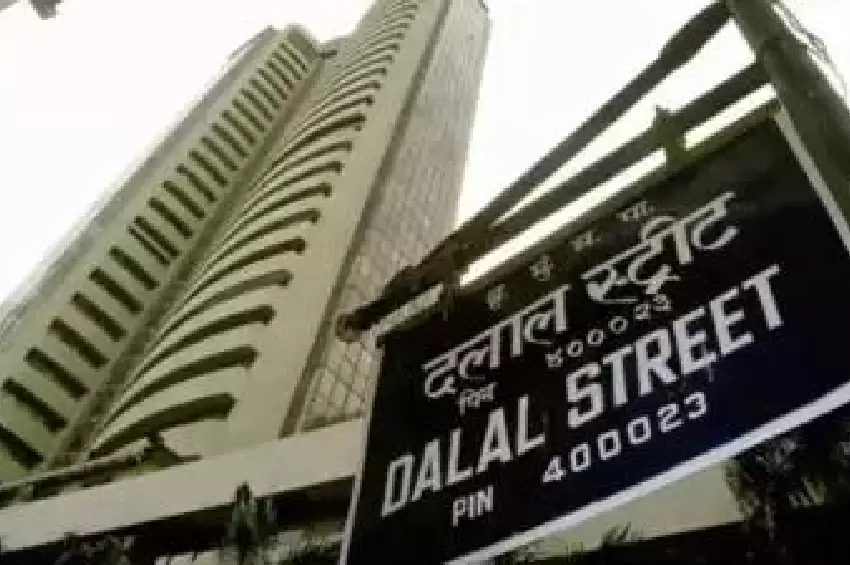US President Donald Trump Imposes 25% Tariff on Imported Cars and Auto Parts
Effective April 3, a new policy by US President Donald Trump introduces a 25% tariff on imported cars and key auto parts, aiming to revive the US automotive manufacturing industry. This move is expected to generate around $100 billion annually, marking a significant shift in US trade policy.

Impact on India's Automotive Sector
While India's direct automobile exports to the US are relatively small, the secondary effects of these tariffs could significantly impact India's auto components industry, a key supplier to American car manufacturers. With approximately $1.5 billion in auto parts exported to the US in 2023, Indian suppliers may face increased input costs and reduced demand.
Global Players and Indian Suppliers Face Challenges
Companies like Tata Motors’ subsidiary, Jaguar Land Rover (JLR), and large Indian suppliers such as Bharat Forge and Motherson Sumi may need to rethink their global strategies. Exploring new markets could become essential for maintaining resilience and enabling long-term growth.
Broader Implications and Industry Reactions
The tariffs reflect Trump's broader policy of reciprocal tariffs, potentially leading to trade friction with India. Industry reactions are divided, with concerns over higher prices and fewer options for consumers, while some see potential job gains domestically.
Looking Ahead: US-India Trade Talks
A US trade delegation is in India for discussions aimed at finalizing a bilateral trade agreement. The outcome could influence the future of US-India trade relations, with both nations targeting a $500 billion bilateral trade by 2030.









Comments